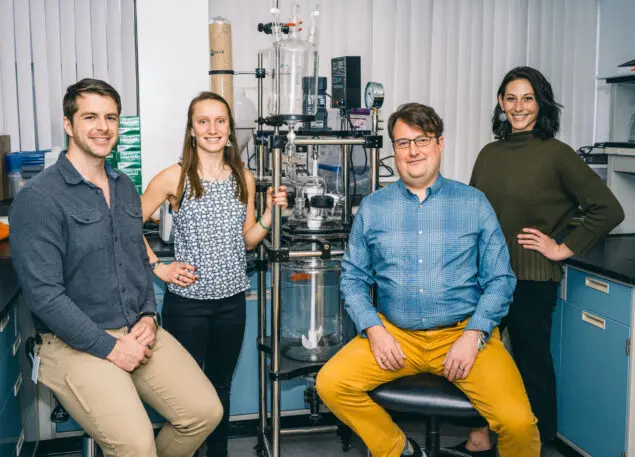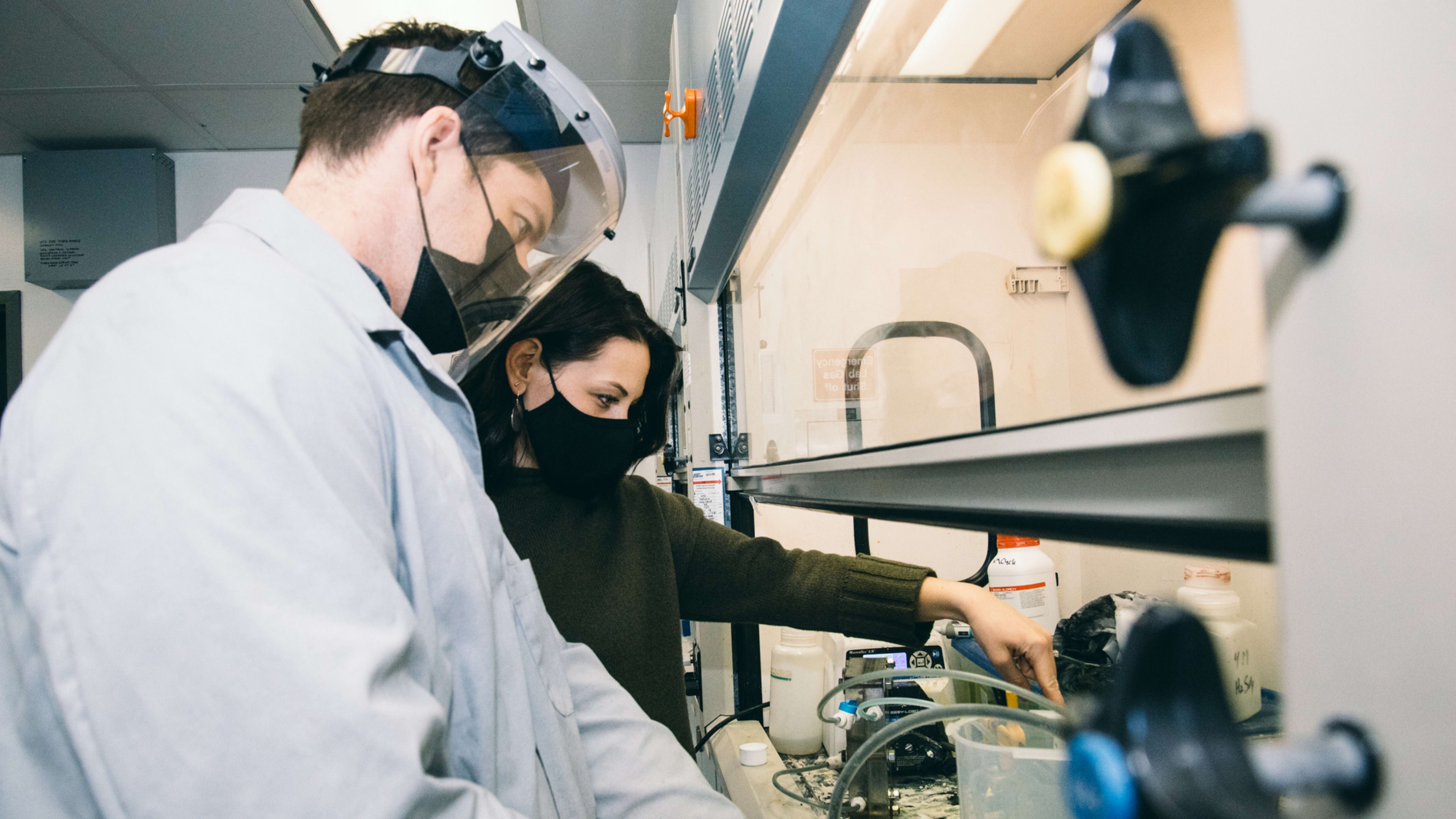As the number of electric cars quickly grows—helped by policies like the $174 billion that the Biden administration wants to pour into a national network of chargers and consumer incentives for buying EVs—one challenge will be finding the materials to make the batteries the cars use. Cobalt, one key component, comes mostly from the Democratic Republic of Congo, where the supply chain could easily be disrupted and where mining is fraught with environmental and social problems like child labor.
Even without any disruptions, by some estimates, demand for cobalt could exceed supply by the end of the decade. Some companies want to begin deep-sea mining for the element, which could cause even more environmental challenges. But others want to mine an existing source: the growing pile of lithium-ion batteries that already exists in electronics, the renewable-energy industry, and electric vehicles.

Right now, O’Connor says, most battery recycling relies on dissolving the battery with acid and then using solvents to pull out individual metals. “You can imagine thousands and thousands of cycles of just flushing solvent through a system to pull out these metals, one by one,” she says. As a PhD student, she began working on an alternative that her startup now uses. Instead of hazardous chemical solvents, the company employs a method called “electro-extraction,” using an electrified filter to harvest cobalt, nickel, and manganese for use in new batteries. Some other startups are developing different technology to pull out lithium, a process that could potentially happen after Nth Cycle’s work.
Because of the scale of the demand for batteries now, and the fact that a battery in a new car could be in use for a decade before it can be recycled, recycling won’t be able to supply all necessary materials right away. “For the next 10 years, at least, recycling can definitely help decrease the amount of mining that happens,” O’Connor says. “But it won’t completely replace it.” She estimates that the recycled fraction over the next couple of years will be about 10% of total demand.
Since some mining will have to continue, the startup also plans to work with traditional mining companies to help them extract more material from mining waste. The company announced today that it raised a seed round of $3.2 million led by the climate tech venture capital firm Clean Energy Ventures, and it will use the new funding to begin pilot projects with mines and recyclers in early 2022. Over the next 30 years, as the company helps reduce the impact of critical-material production, it expects to help avoid more than 2.5 billion metric tons of CO2 emissions.
Recognize your brand’s excellence by applying to this year’s Brands That Matter Awards before the early-rate deadline, May 3.
